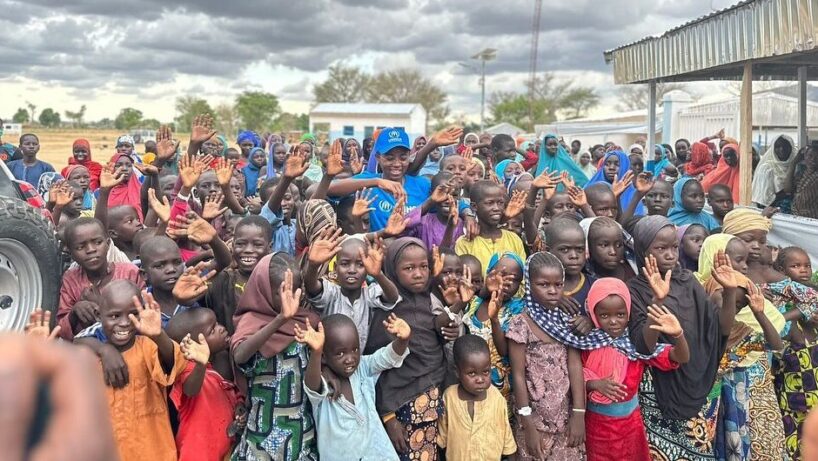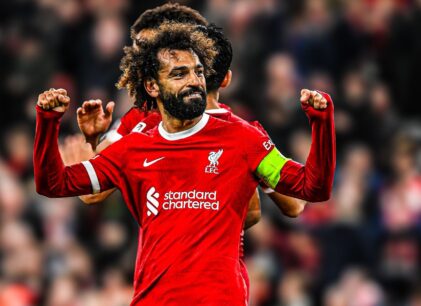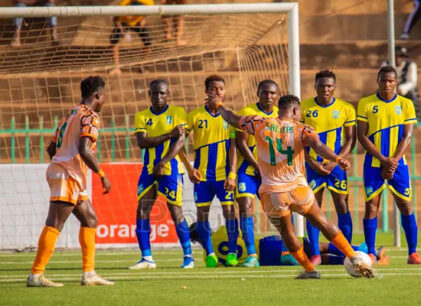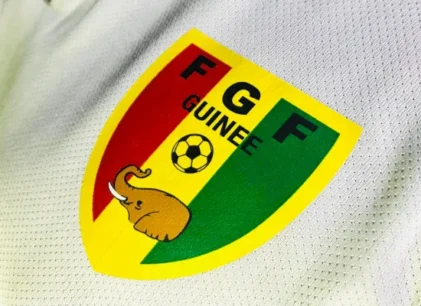A star of the African women’s game, Ajara Njoya shines with the Cameroon national team and Inter Milan. But off the pitch, the striker is also renowned for her involvement in the community via her foundation. For Sport News Africa, she explains the reasons behind this commitment.
You’re an African sportswoman who’s very involved in community work. For example, you used to work in a refugee camp in northern Cameroon. Where did you get the idea to get involved in community work?
Ajara Njoya: Even before I was approached by the UNHCR (United Nations High Commissioner for Refugees), I was personally committed to supporting people in need through my association. I come from a poor family, and for me, reaching out to people who need help is of the utmost importance. If I’m going to share, I prefer to do it with people in real need, like when I went to a refugee camp in the north of France with the UNHCR. They asked me to join them for Refugee Week. We set up a series of campaigns that enabled me to see the precariousness people were facing. It’s not easy to see people being moved from one country to another, in difficult living conditions. I was very touched by this situation and even intend to return, this time on my own account, to bring them help.
You have your own association and help young girls in particular, but not only. What kind of work do you do?
Ajara Njoya: My team and I have taken care of the school fees for ten students, five English-speaking and five French-speaking. I’ve been looking after their schooling for three years now, and it’s going well.Getting girls into school is an important cause for me.Through my association, we make donations to prisons and hospitals to help the most disadvantaged.
In fact, to highlight all your actions, you communicate extensively on your social networks.
How do you use them to carry out positive actions?
Ajara Njoya: I use Facebook and Instagram to share inspiring stories, experiences and milestones of my involvement in social initiatives. By showing the impact of these initiatives, I seek to raise awareness and inspire others to join the cause. For me, it’s imperative to communicate positively on social networks. We all know that there can be bad things on the networks, but at my level I’m well supervised with a very good team who know when we need to activate my networks. I only use my pages to support the causes I defend and my commitment to social issues.
What are the next social actions you plan to take and share on Facebook and Instagram, where you communicate the most? And how are your actions going?
Ajara Njoya: The reach of the Meta platforms helps amplify the visibility of my messages, ensuring that my social actions and commitment to associations are seen by a wider audience. With my foundation we had quite a few projects, but we were slowed down by administrative constraints. We’re in the process of sorting out a few formalities before continuing with the campaigns to which we’re committed. Once we’ve sorted out the administrative side of things, we’ll be able to set out a detailed schedule for future actions. As far as operations are concerned, every time I sign a contract with a partner, I try to ensure that they support me in my social actions. A few months ago, for example, I was in the north of Cameroon, and with a company for which I had to do a campaign for glasses, we agreed to donate glasses to mothers of families. These women are often in dire straits, with many burdens on their shoulders, starting with managing their children’s schooling.
How do Meta’s platforms, for example, help you showcase your social actions and community involvement?
Ajara Njoya: Meta has provided me with a global platform to reach and engage a diverse audience, transcending geographical boundaries and putting me in touch with people who share similar values and passions. Their teams support me and highlight what we do.They promote our actions, which gives us greater visibility.
It’s impossible to end this interview without mentioning the recently concluded Women’s World Cup. What did you think of the African teams’ performances at this year’s event, with South Africa, Morocco and Nigeria reaching the Round of 8? Three teams at this level, a first for the African continent.
Ajara Njoya: I was really pleased that so many African countries qualified, because it’s a first for Africa. Usually, only one or two teams make it past the group stages. This means that a lot of work has been done. I hope that African teams will continue to evolve, with, for example, the African Women’s Champions League organized every year. There’s been a lot of evolution and it’s paying off. I’m sure that some European teams were surprised to be beaten by African nations. Now we have to make sure that these surprises are no longer surprises and become something normal. The African teams’ opponents have to take them seriously and no longer think that they’ve won the match.
On an individual level, what are your next goals for the season?
Ajara Njoya: I’m thinking of the Women’s AFCON and the Paris 2024 Olympic Games. These are the two main competitions we’re aiming for with Cameroon and in which we have to take part.





